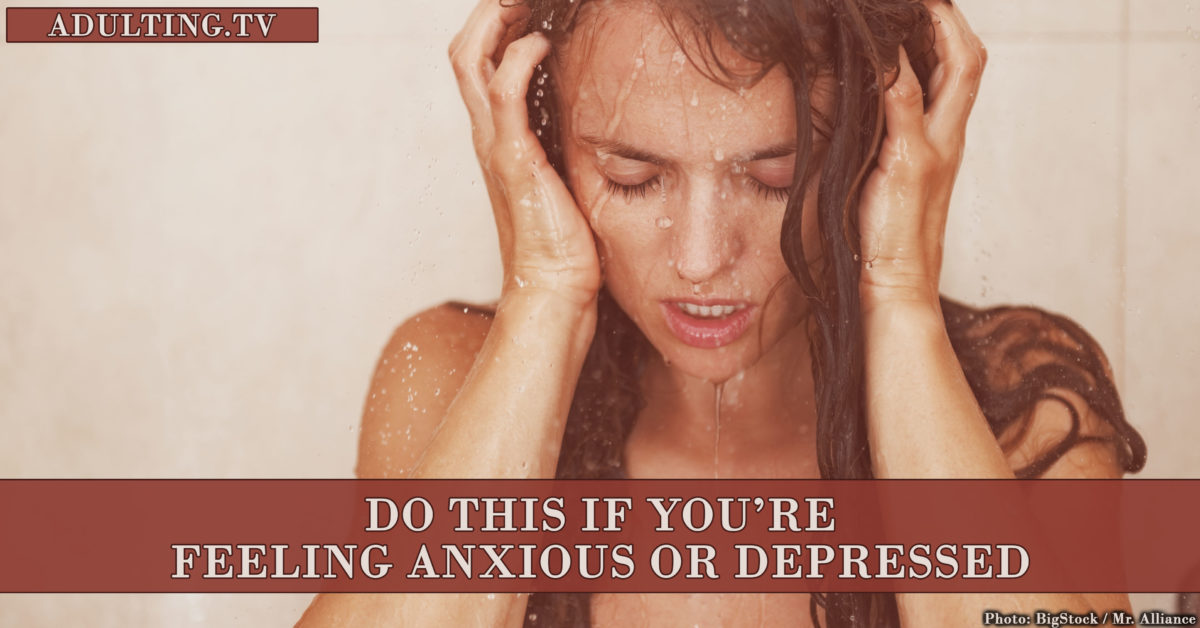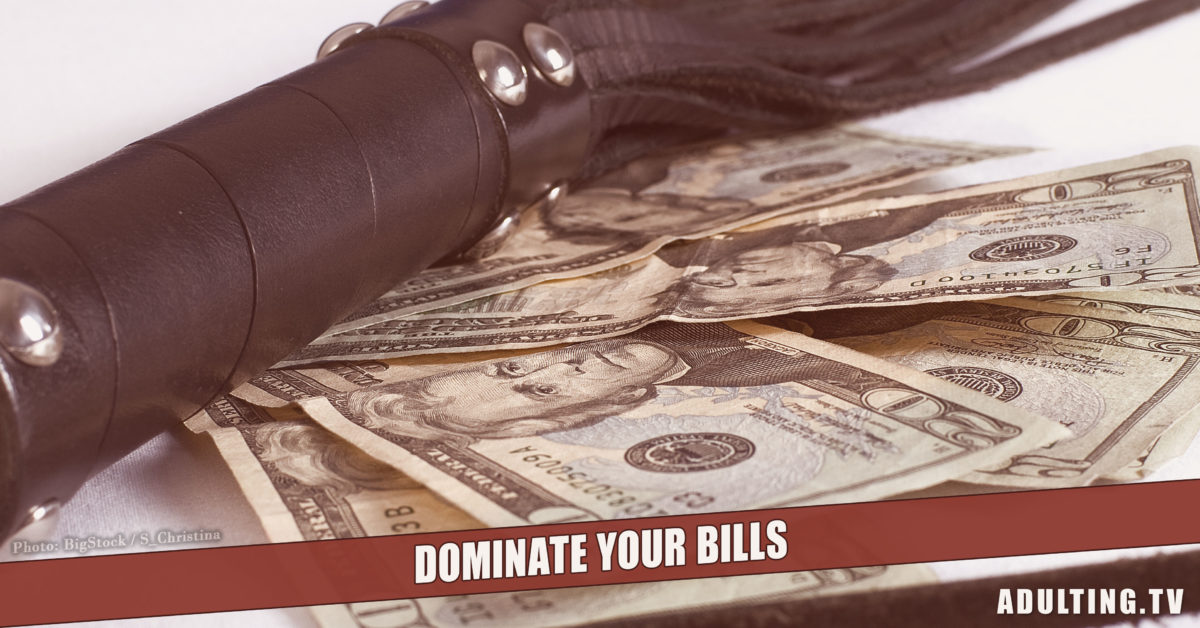There’s no denying it – depression and anxiety are on the rise in the United States. Whether you attribute the uptick to societal factors or heightened awareness of mental health issues, it’s clear that many Americans are suffering without a clear path to wellness.
Thankfully, treating these issues is exceedingly more simple than people realize – which isn’t to say it’s easy. There are tried and true methods that, if used appropriately and consistently, have a high chance of improving the symptoms of anxiety and depression. It may be an uphill battle, but it’s a hill worth climbing.
Successful treatment looks different for everyone, so keep an open mind. Here are some basic steps to take if you don’t know where to start.
Catalog your feelings.
Writing down your feelings is one of the most basic strategies to cope with feeling anxious or depressed. The University of Rochester Medical Center recommends journaling to combat “stress, depression or anxiety.”
I write in a journal every day, chronicling how I’m feeling and what’s bothering me. When I’m in a funk I can’t explain, I automatically reach for my notebook. On a basic level, documenting your mental condition allows you to separate yourself from negative emotions by playing the part of an objective observer.
I also use thought records to document my anxiety and change my reaction to it. A thought record is a simple worksheet where you catalog what the situation is, what you’re thinking and how you feel. Then you write down how rational your thoughts are, what the more rational response would be and how likely it is that the rational response is correct. Cognitive behavioral therapy practitioners believe when they change their thoughts, they can change their feelings and behavior.
For example, if you think your friend will be mad you forgot her birthday, you could write down a thought record saying why you feel bad, what you’re thinking about yourself and what your friend’s likely response is. Thought records can help you see when you’re blowing things out of proportion and how to manage your problems more effectively.
Stay connected.
Depression often robs victims of the energy and desire to do the hobbies and activities they once enjoyed. It can take away the motivation to work out, eat healthy and stay connected to your social circle. The problem is, staying involved with your friends and pastimes is one of the few ways you can feel better.
Start small. Invite a friend or two over for a movie night where you don’t have to do anything except provide a DVD or turn on Netflix. Meet a former coworker for coffee or a drink. If a pal is having a party, try to go for at least an hour.
“I can usually count on a few things to help or at least distract me from how I’m feeling for a bit,” said Kelly Whalen of Centsible Life. “Those include reading, walking outside, petting my fluffy dog, taking a nap or a little window shopping.”
You should also consider finding a group of peers who are dealing with depression as well. Talking about your problems with people who understand can make you feel less alone in your struggles. The Anxiety and Depression Association of America has an online support group you can join, as well as a private forum where you can write out your feelings.
Find a therapist.
A licensed therapist or counselor can be an incredible tool in fighting depression or anxiety. Unfortunately, many people assume that the only therapists available are ones who charge $200 an hour.
Not so. Almost everyone can find a low-cost therapist if they look hard enough. Your doctor might have some recommendations on where to look, so start there. A local university with a psychology department will also have an in-house clinic where you can meet with current students or graduates. Low-cost or free clinics often have a therapist on staff.
On average, these clinics charge anywhere from $5 to $40, and many have a sliding scale system based on income. I’ve had good experiences with inexpensive therapists and consider them a necessary tool in fighting anxiety and depression.
Talk to a doctor.
You should talk to a doctor about medication if therapy, journaling and working out don’t alleviate your anxiety or depression. Only a medical doctor can prescribe pills, so make an appointment with your primary care physician and not your counselor or therapist.
Don’t worry if it takes some time for the medication to kick in or if you don’t like how it feels at first. Many patients need a few weeks to adjust, so be aware of that. Your doctor can alter the prescription as need be if you’re not feeling better after a month or so. If you decide you don’t like it, ask your doctor how to taper off. Withdrawal symptoms are common and can be debilitating if you don’t scale back appropriately.
If you’re feeling anxious or depressed, it can take time to work through it. Try to find what works best for you.







what if i already do all of this and im still depressed because ive done all of those and nothing has worked and im also on anti depressants and yeah what do i do??